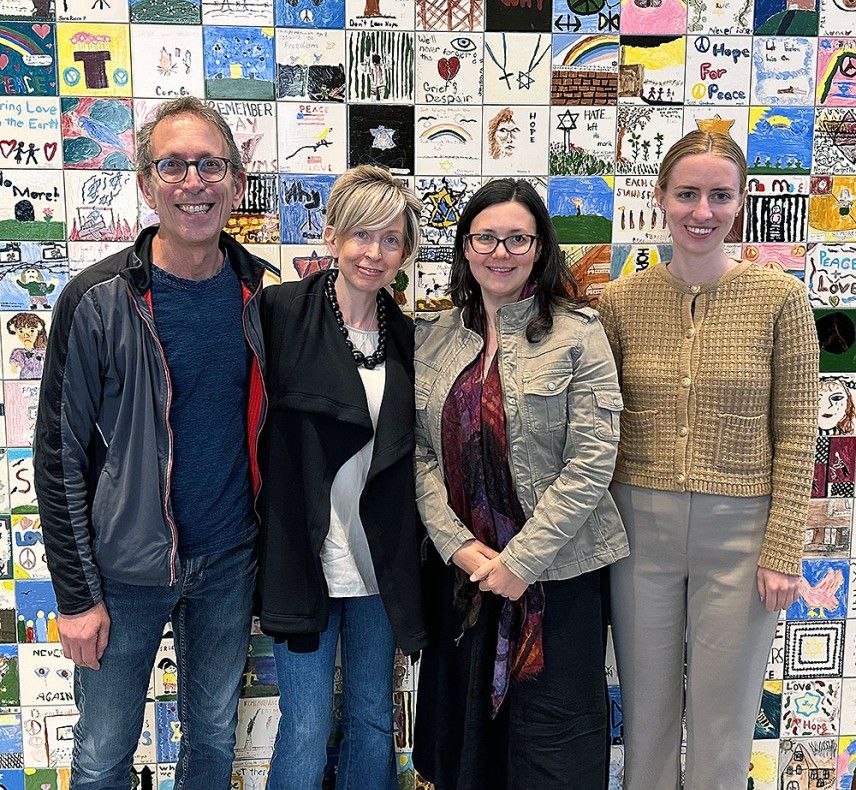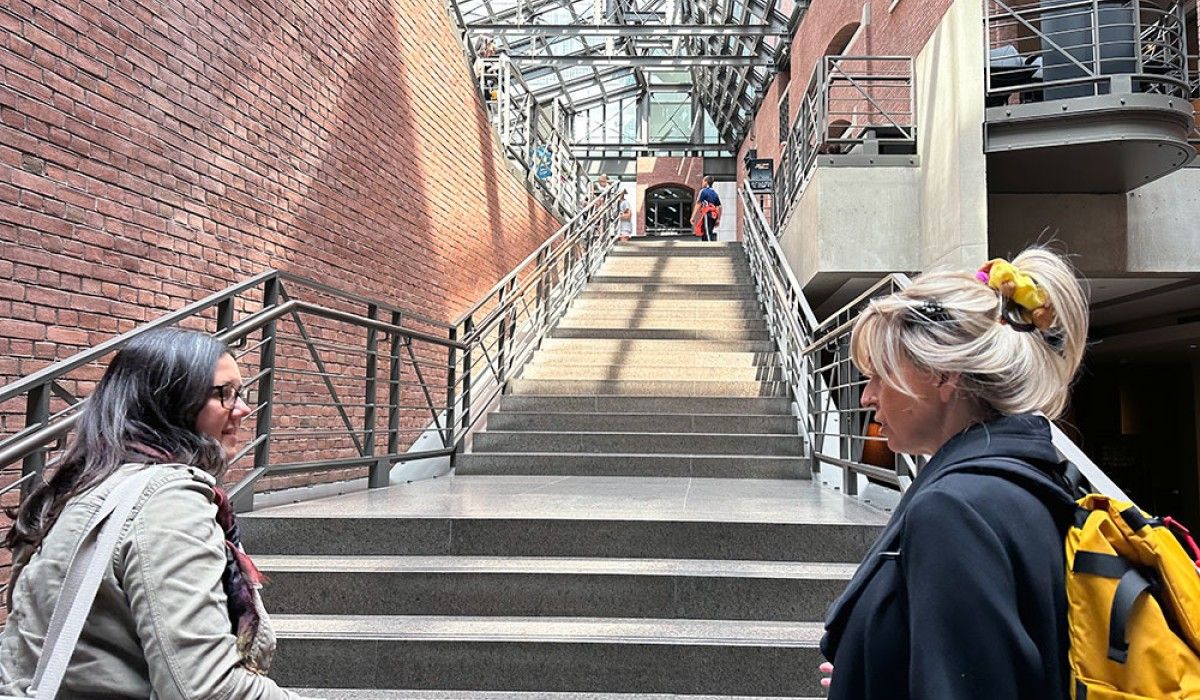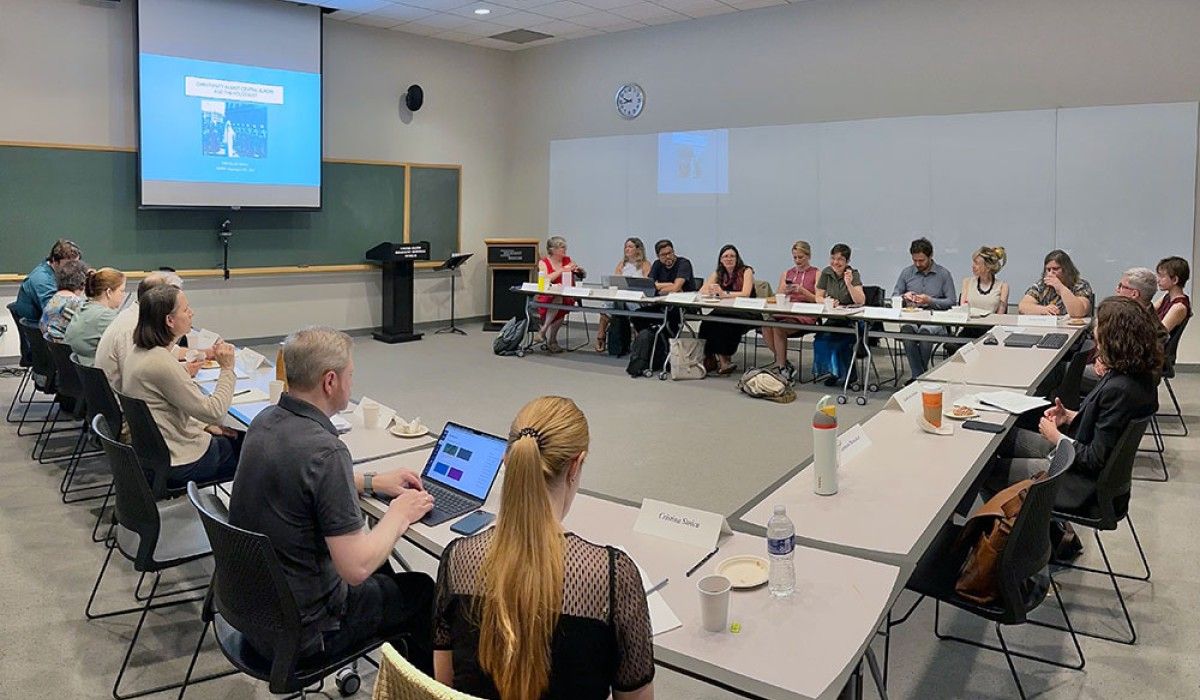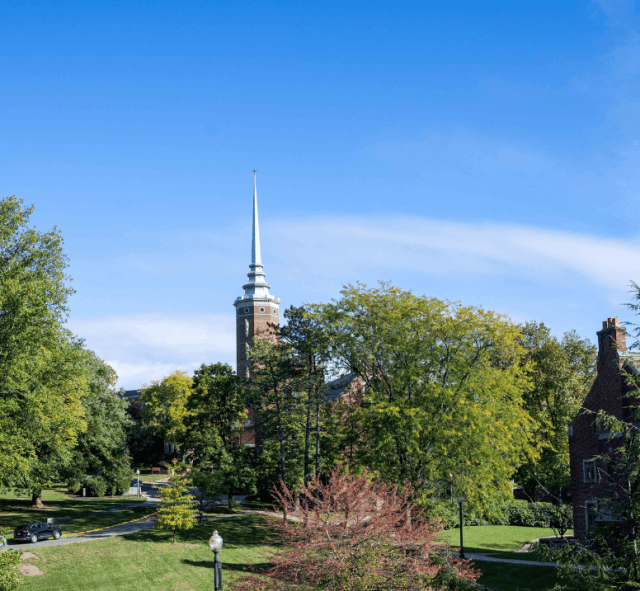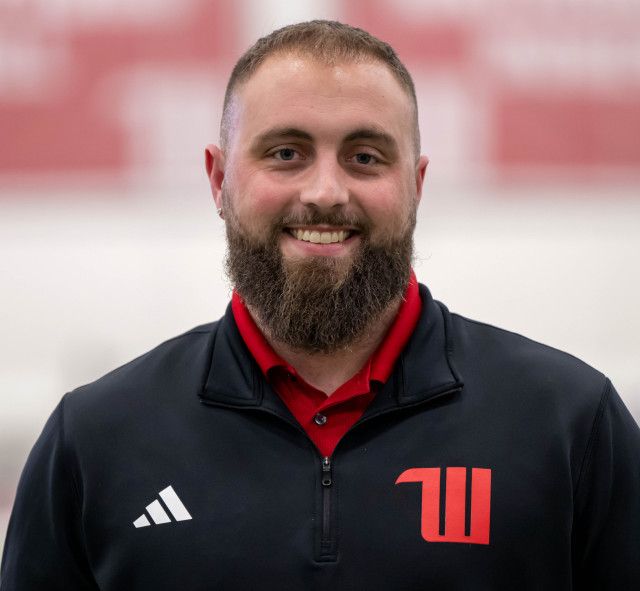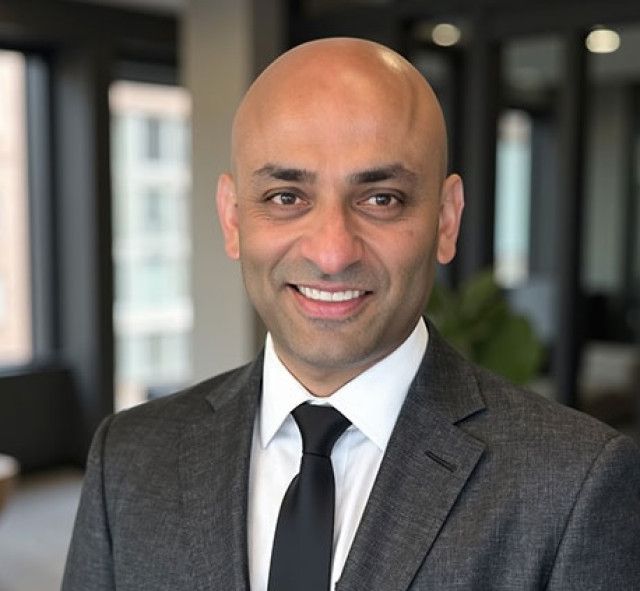“Participation in the seminars is very intellectually stimulating,” Anes said. “You have 150 pages of reading or more for a night, you know you’ll be led by great scholars and effective teachers through key questions in the readings about historical events and outcomes, and you also know everyone else in the room will be a keen reader and thoughtful commenter. Faculty come from different disciplines; I studied alongside historians, political scientists and theorists, theologians, religion scholars, a sociologist, and a genealogist and musicologist. I was the only psychologist, and this was the case in 2023 as well. The seminars provide a wonderful environment in which to learn!”
Taught by leading figures in the field, these annual seminars provide attendees with resource materials and suggested approaches for teaching about the Holocaust. The museum covers the cost of accommodation and travel for all non-local participants and provides access to its extensive library and archives.
The seminar was led by Ion Popa, Honorary Research Fellow of the Centre for Jewish Studies, University of Manchester, UK, and author of The Romanian Orthodox Church and the Holocaust (Indiana University Press, 2017), which was awarded the Yad Vashem 2018 Book Prize for Holocaust Research. Since 2022, Popa has been a historical consultant for the Programs on Ethics, Religion, and the Holocaust, working on projects related to the Vatican archives and making material in the USHMM’s collections related to religion more accessible to scholars. Other speakers included the Very Reverend Geoffrey Ready, director of Orthodox Christian Studies at Trinity College Faculty of Divinity, University of Toronto; and Jonathan Huener, Leonard and Carolyn Miller Distinguished Professor of Holocaust Studies and Director of the Carolyn and Leonard Miller Center for Holocaust Studies at the University of Vermont.
“One controversial and complicated topic we explored is the question of Pope Pius XII’s seeming inaction during the Holocaust and whether the Vatican could have done more to save Jews,” Wright said. “Were its choices motivated by doctrinal anti-Judaism, contemporary antisemitism, or political prudence? Nazi policy toward the Catholic Church varied. Take Poland, for example. In the western annexed lands, churches were closed. But in the east (the General Government), while monasteries were closed and 300 priests were incarcerated, most churches were allowed to remain open and church administration continued to function. Research on this question is evolving even now, particularly since the Vatican began to open its archive on Pope Pius XII to researchers in 2020.”
The 2025 ethics seminar reunited Wright and Anes with two participants from their previous intensive scholarly and pedagogical discussions at the museum: Rebecca Sanders, associate professor of political science and assistant director of the School of Public and International Affairs at the University of Cincinnati, and Cristina Stoica, instructor of history, University of Western Ontario.
Wright and Anes presently teach courses with a focus on the Holocaust. The pair have field study courses on the books – one in political science and the other in psychology – which they have taught “on the ground” in Poland during previous Witt in Poland student trips. They have also developed on-campus courses such as Wright’s POLI 319 Holocaust Politics and a new course for Anes, PSYC 280 Portraits of Holocaust Violence, which has been taught once so far in the Fall 2024.
In related work, Wright and Anes concluded their first grant-supported travel to Poland in the summer of 2024, which included Holocaust-related immersive experiences for a group of 14 participants. The Department of Education Fulbright-Hays Group Projects Abroad grant of $105,000 provided funding support for travel throughout the country last June for six Ohio high school teachers, four Wittenberg students, and two Wittenberg faculty.


